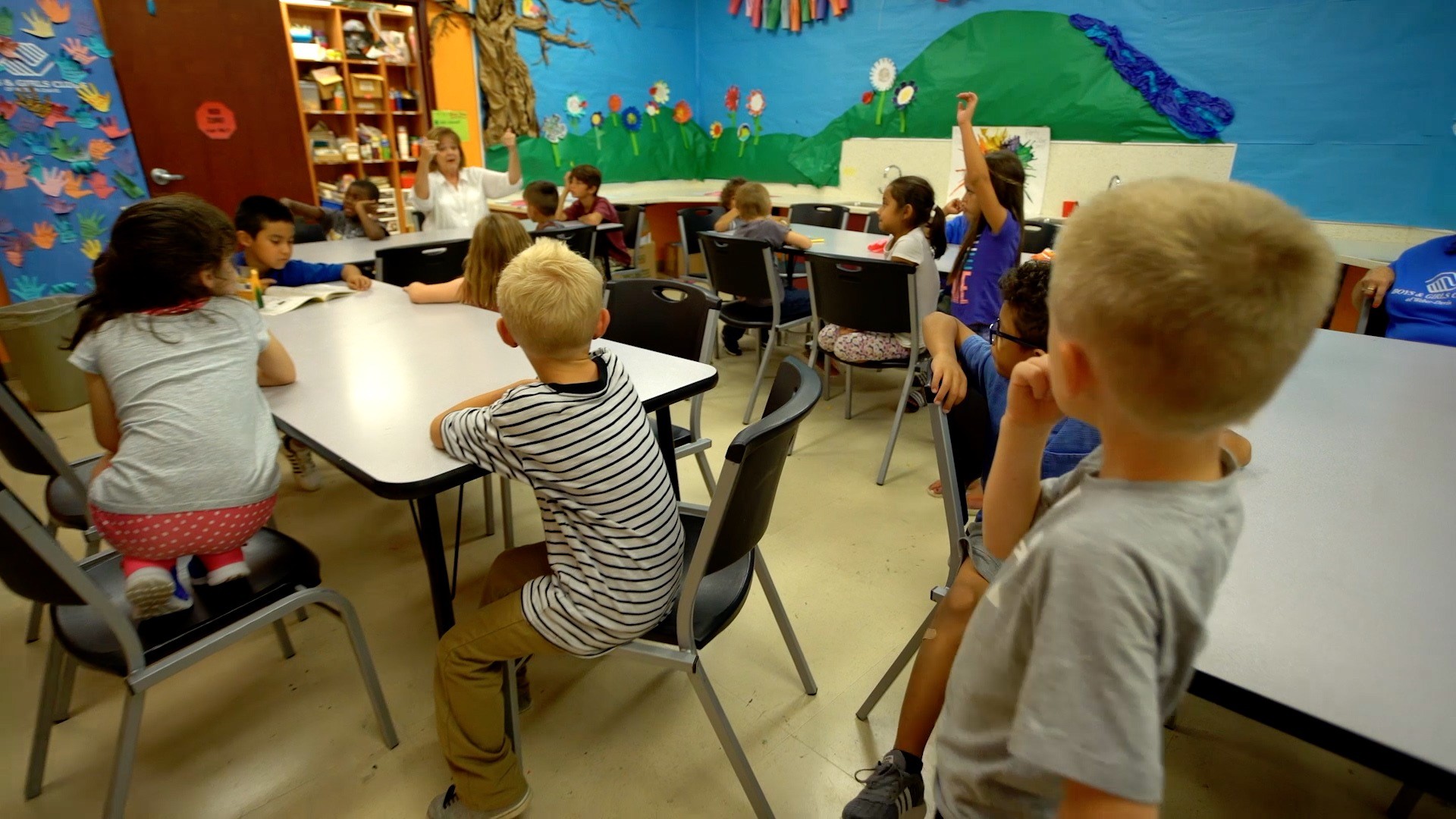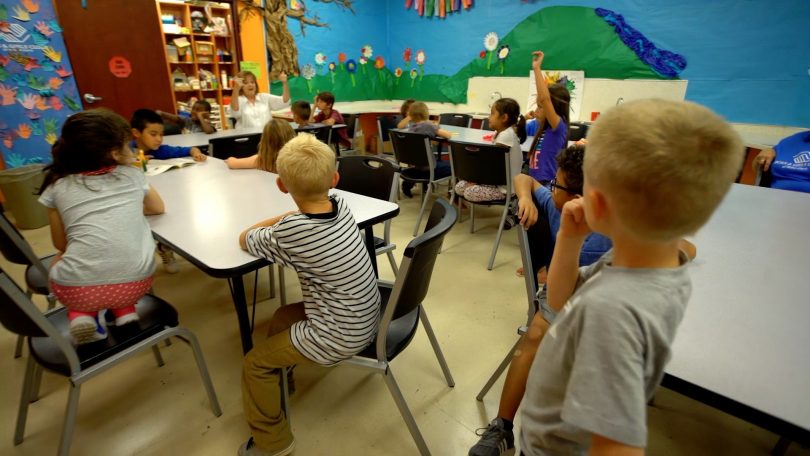Disclosure ~ This is a sponsored post brought to you by Boys and Girls Clubs of America

STEMming the tide of summer learning loss
Kids are heading back to class for the new school year, but will your child be up to speed with his or her peers? Or, will the summer “brain drain” have taken its toll?
Just how bad is the summer slide? On average, students lose the equivalent of one month’s worth of learning over the summer. It’s more pronounced for math than for reading, and it gets worse as students get older. What’s more, family income influences the severity of summer learning loss, with middle class students actually improving in reading, while lower income children fall behind.
One explanation is the so-called “faucet theory,” which suggests that the “resource faucet” is on during the school year, providing easy access to educational tools for students of all backgrounds and income levels. In summer, the faucet remains open to higher-income children, but the faucet slows to a trickle, if at all, to disadvantaged kids.
According to the Boys and Girls Clubs of America (BGCA), roughly 43 million kids miss out on the types of summer learning activities that could keep them from falling behind when school resumes. And because summer learning loss is cumulative, low-income children continue to fall behind with each successive summer, ultimately impacting whether they graduate. BGCA attributes more than half of the achievement gap to this uneven access to educational opportunities during the summer.
BGCA is doing something about it by engaging young minds all summer long. And with Science, Technology, Engineering and Math – or STEM – emerging as a critical component of children’s education, the organization uses the summertime to develop greater mastery in digital literacy, with offerings like computer science and media making, along with leadership, visual arts and lyricism. They have partnered with Comcast NBCUniversal to develop the innovative digital platform called My.Future, which gives students their own, safe place to share and interact online, free from cyberbullying. My.Future helps students explore activities like digital gaming and earn recognition for their achievements with stars, badges and master badges.
Clearly, with programs like this, students who might otherwise fall behind now have a chance at a brighter future. And isn’t that what every parent wants for their children?



Leave a Reply